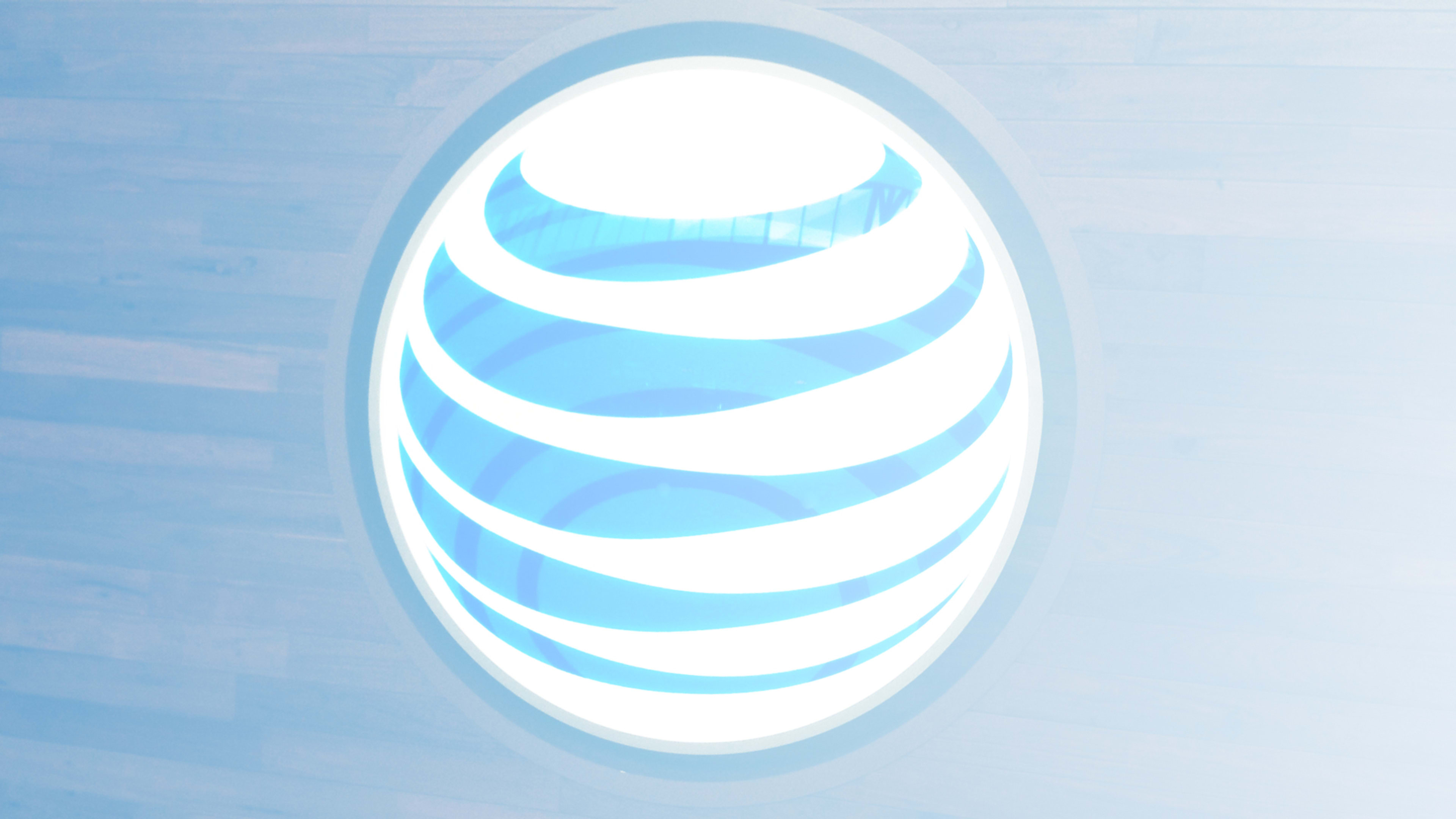D.C. federal court judge Richard Leon came down on the side of AT&T and its proposed deal to acquire Time Warner for $85.4 billion. The Department of Justice, the court decided, had not met the burden of proof that the acquisition constitutes antitrust and would harm consumers.
AT&T originally announced the deal on October 22, 2016, just a few short weeks before Donald Trump was elected president. The DOJ filed suit in November, claiming that the Time Warner deal would eventually result in higher TV prices for millions of consumers. Some suspected, however, that the real motivation behind the DOJ’s case may be personal and political agenda of Donald Trump himself: He sees CNN as his political nemesis, and CNN is owned by Time Warner.
AT&T argued that its proposed acquisition of Time Warner is a defensive move against the increasing threat of internet TV services like Netflix, Amazon, and YouTube. Those internet players started out as “over the top” video distributors that deliver content to your home TV on broadband pipes provided by ISPs like AT&T and Comcast. But those players also want to be both distributor and producer, and that’s why they began to produce their own shows like Netflix’s House of Cards and Amazon’s Transparent.
Experts have said that the DOJ attorneys may have been somewhat hamstrung by the fact that AT&T’s acquisition of Time Warner is somewhat unusual. It would have been easy for the DOJ lawyers to find precedents for situations where mergers of two similar players in the same market combined with ill effect. That was the basis for the government’s rejection of AT&T’s proposed merger with T-Mobile back in 2011. The case at hand may form a new precedent for future mergers that combine a video distributor and a video content owner.
The court’s decision in the case could have an enormous impact on the media landscape and the fate of future corporate mega-mergers. It’s widely thought that Comcast may now make a bid for Fox, and that CBS and Viacom may merge.
Recognize your brand’s excellence by applying to this year’s Brands That Matter Awards before the early-rate deadline, May 3.
